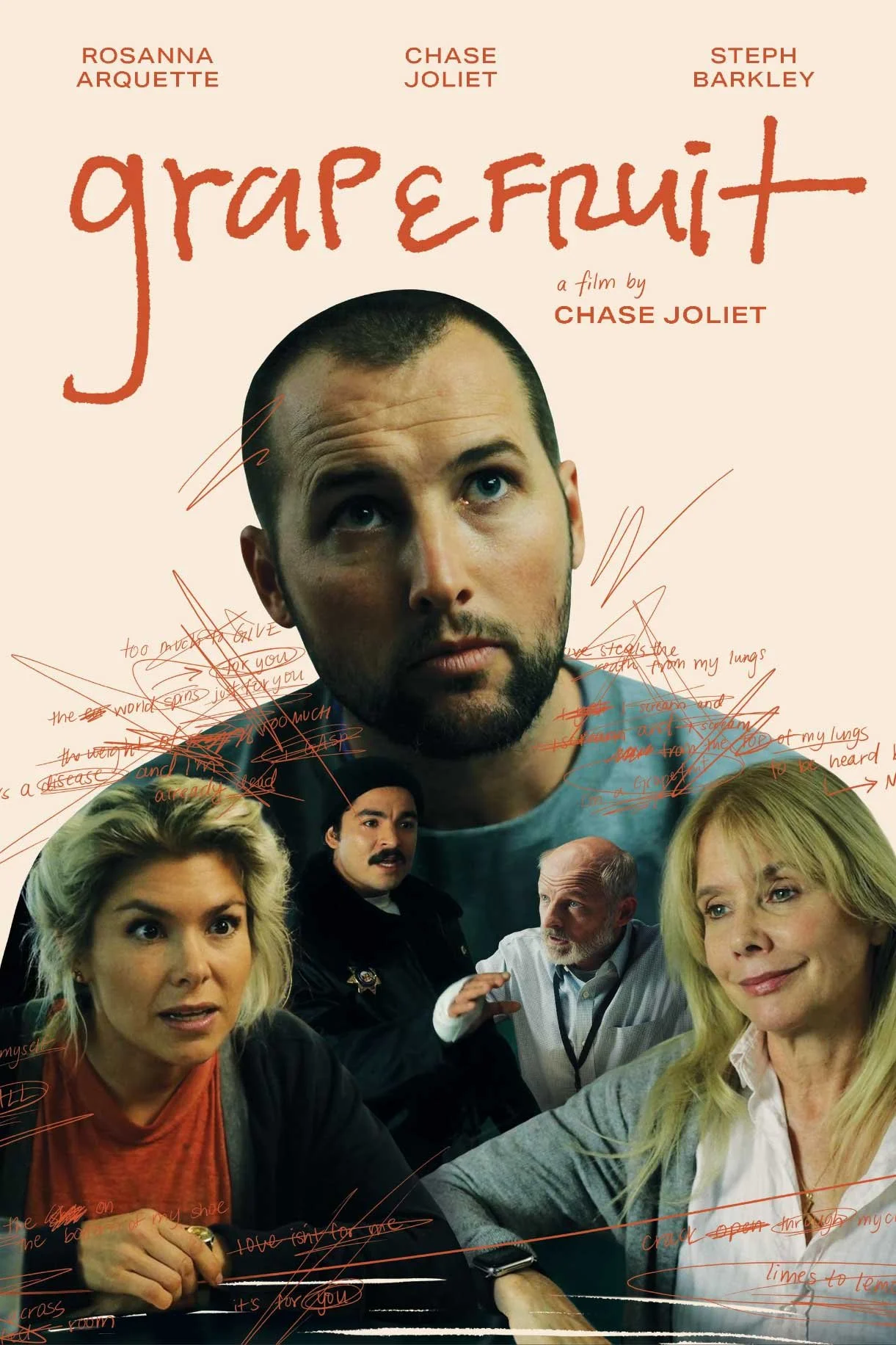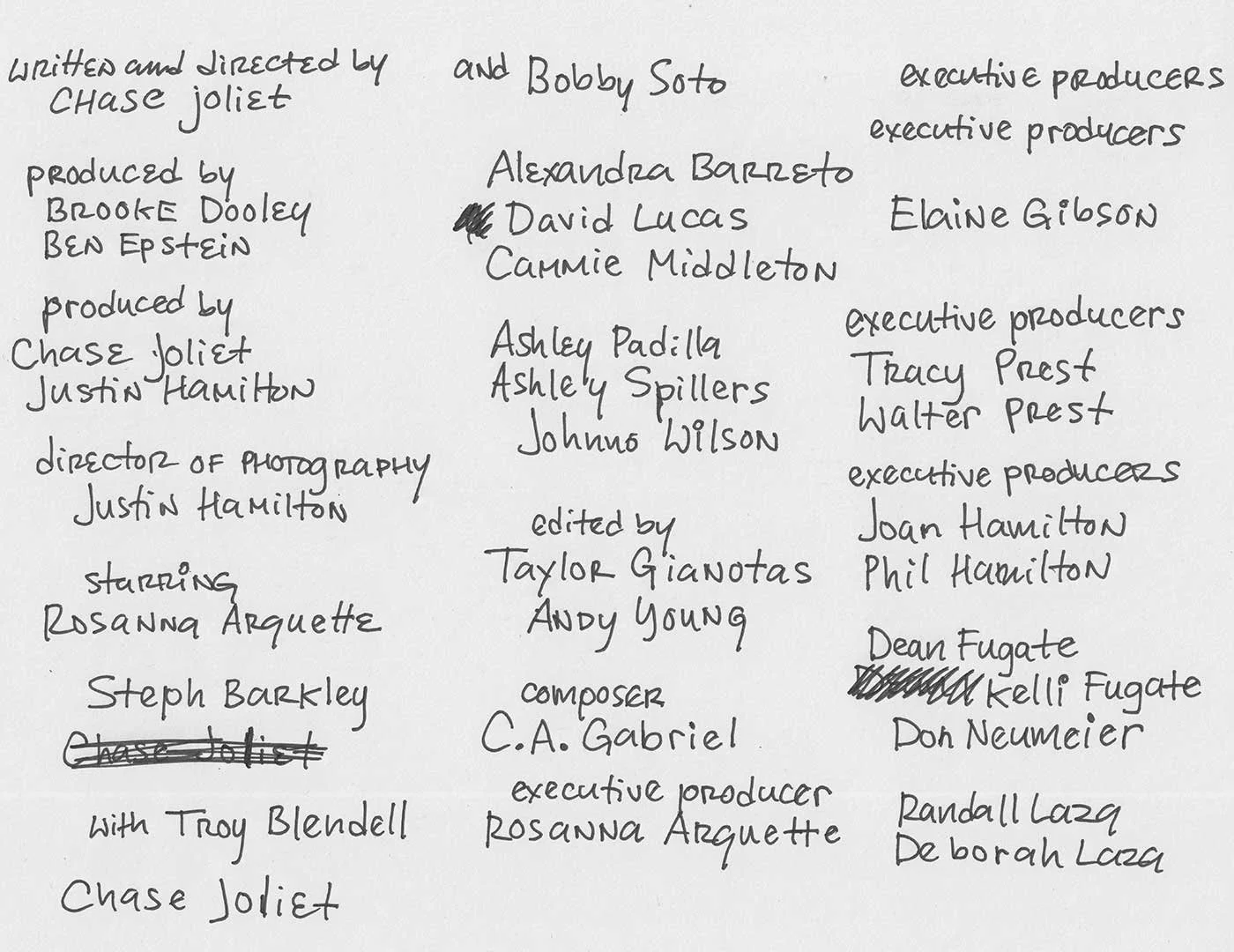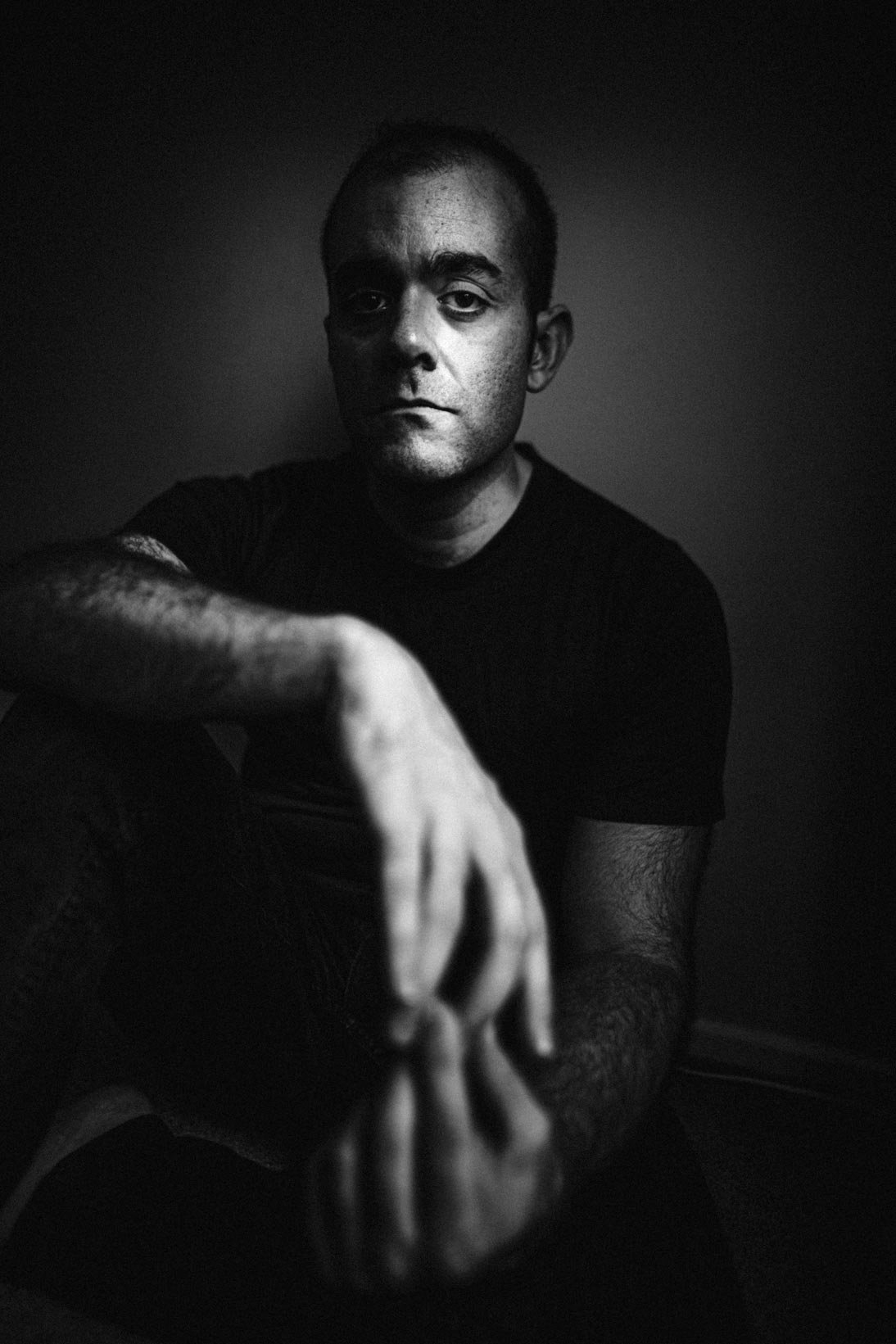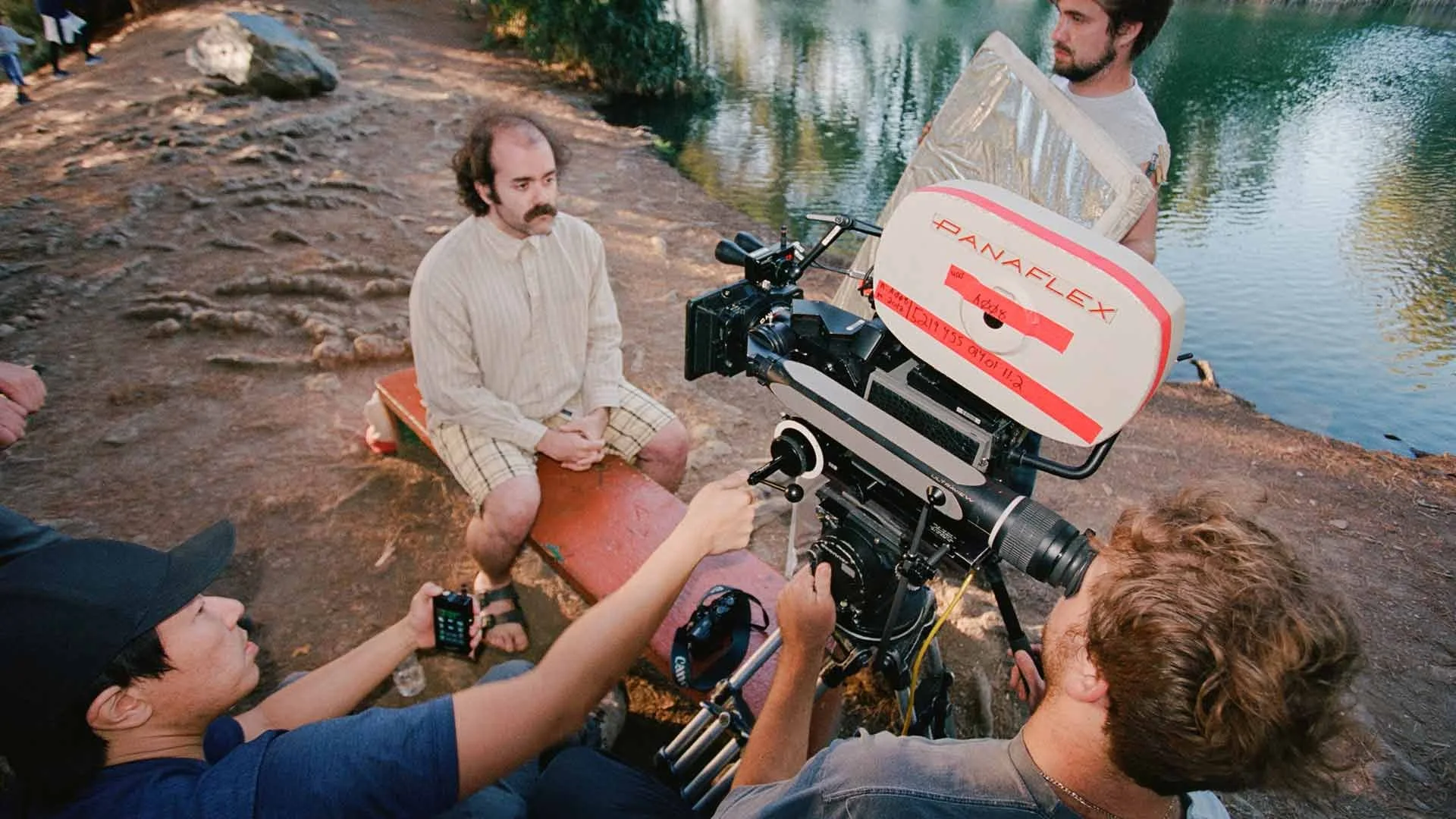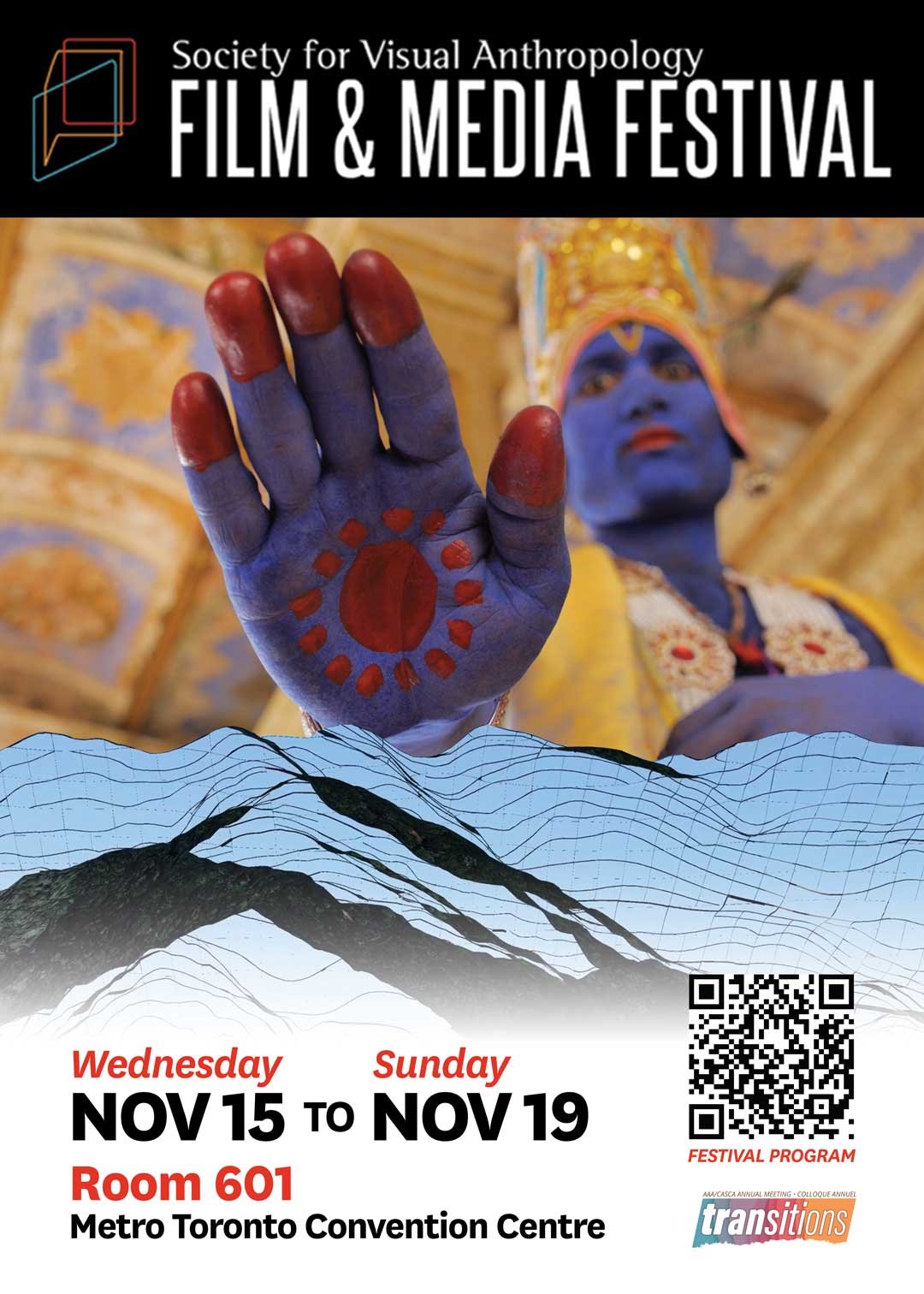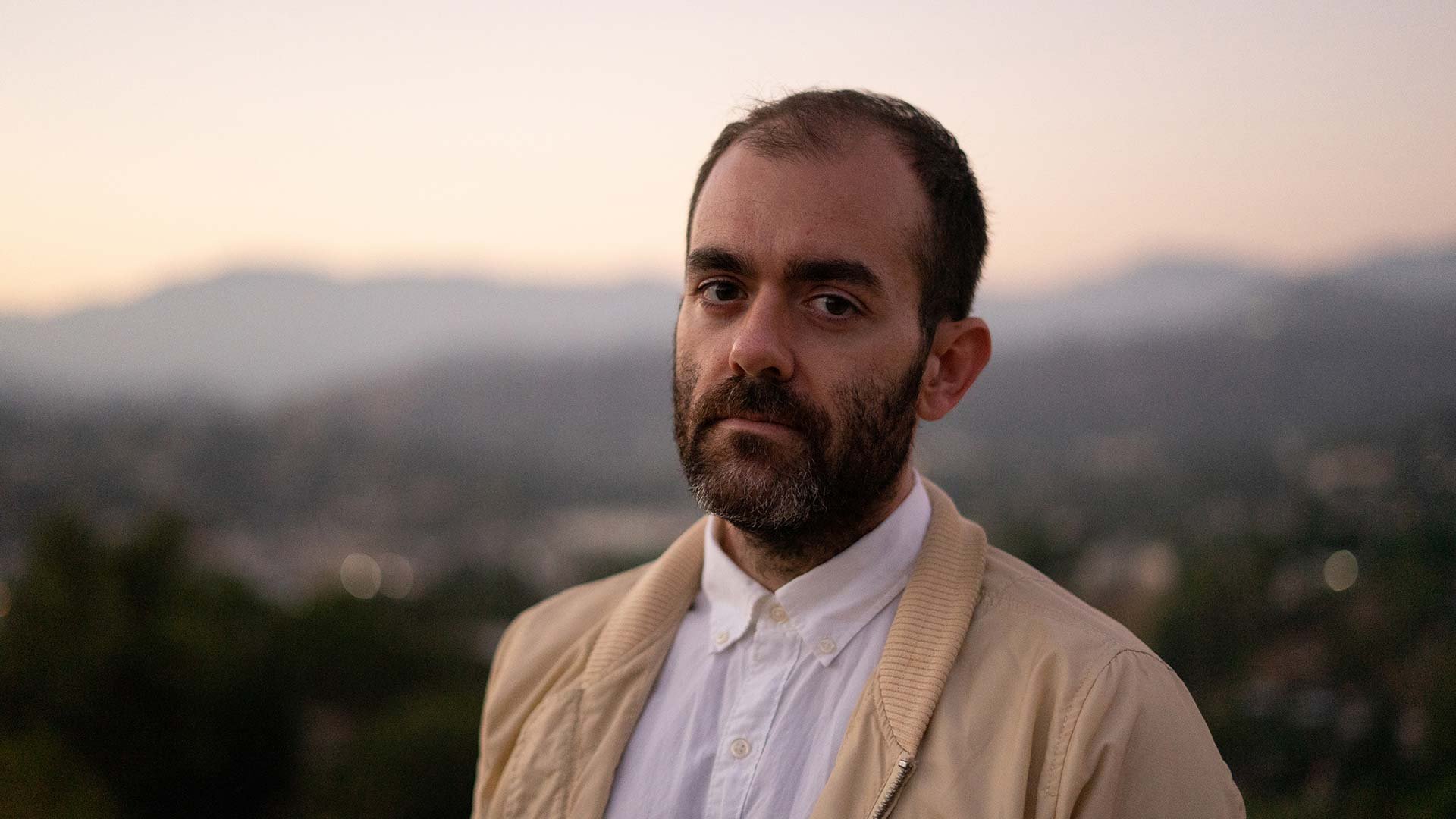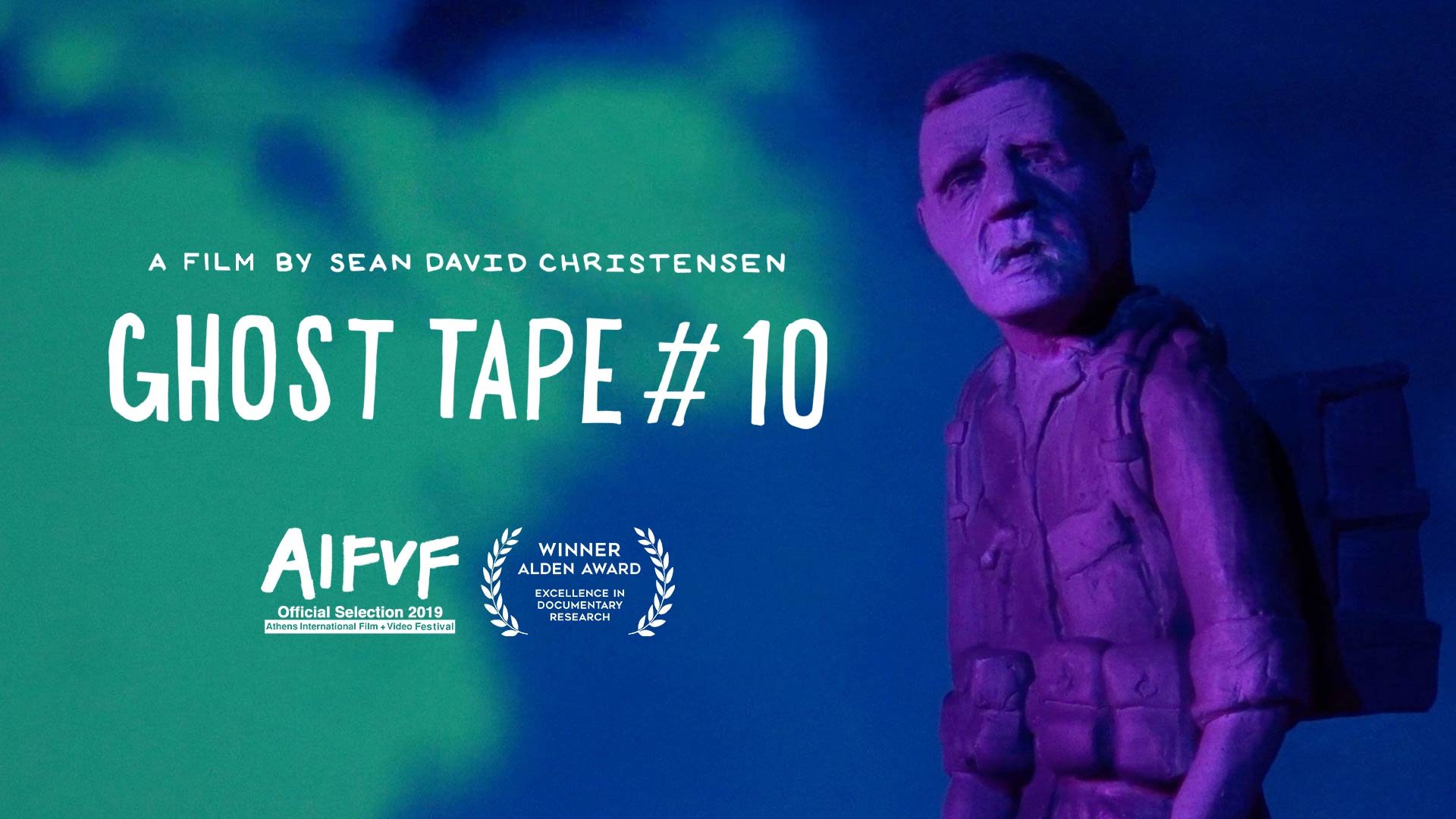SDC: Describe the experience being part of that film’s Oscar campaign that year. What was it like attending the Oscars?
Seeing how many people were affected by the film and continue to be, has been such a gift to witness, especially since composers aren’t often a part of a campaign, particularly for a short film! As with any documentary, our goal with this film was to showcase the incredible stories of our subjects and to celebrate the fact that this instrument repair program exists in LA—I knew it was a very special film and story, but never in my wildest dreams did I think it would take us all the way to the Oscars. It’s so meaningful that our team’s work was acknowledged in this way and I’m thankful that the Oscars campaign provided a huge platform for our story to be shared, but ultimately the most rewarding part was knowing that a project I worked on had a personal impact on a community—-a community I call home. Being a part of a project with real impact is one of the most rewarding experiences as a composer.
And of course, attending the Oscars was a day I’ll never forget; seeing Emma Stone and Spielberg walking around, and realizing that they’re real people, was so surreal! It was very special to be in a room full of creative people and celebrate artists at the top of their craft. I was lucky to get to go and share that day with my filmmaking team.
The Oscars were also particularly meaningful because I was a part of the music arranging team that year. I helped arrange music from all the nominated films’ scores, which included the music from The Last Repair Shop. Of course, I had no idea whether or not we would win, so I wasn’t sure if the play-on would even be performed. Getting to hear my music played on such a large scale was awe-inspiring and extremely validating.
SDC: What career advice would you give to composers just graduating from USC Thornton looking to work in the film industry?
My advice is two-fold: firstly, there is no “right” path in music. What I deeply admire about the composers I’ve worked with is that they’ve each built their careers by simply being themselves. If we embrace our unique backgrounds and create music genuine to us, there is space for all of our voices to create and be heard. Filmmakers approach composers like Kris Bowers because they want to work with them for who they are as people and as musicians. That lesson has been invaluable in grounding myself and the music I make.
Going hand-in-hand with finding your voice is immersing yourself in things that interest you. Attend film screenings and composer events, and become an active part of the community you aspire to be in. Strive to continuously improve your craft by studying your favorite scores or scenes from movies and be open to any opportunity related to music. There is no single path to success, and more often than not, skills outside of composition, such as orchestrating or performing on a friend’s score, can only enhance your strength as a musician and composer. If a friend asks you to try writing a song or a musical, what’s the harm in saying yes? You’ll only learn more about yourself and the limits you’ve set for yourself. And in my experience, you may not realize your full potential until you are put to the test.

